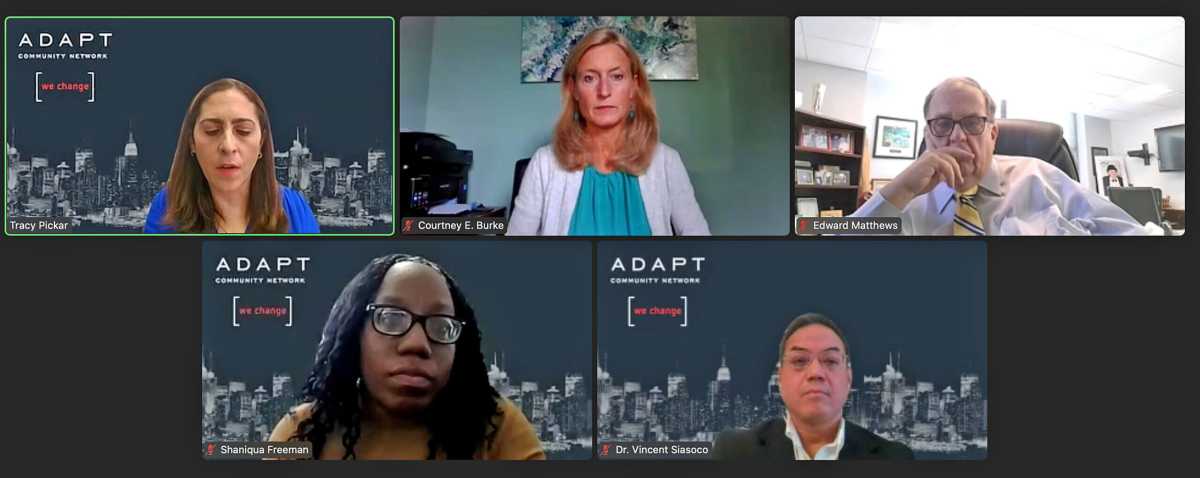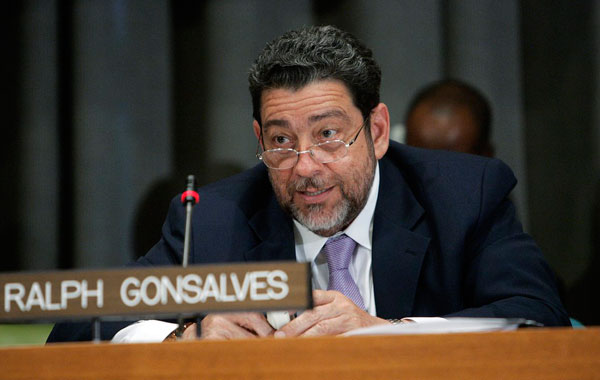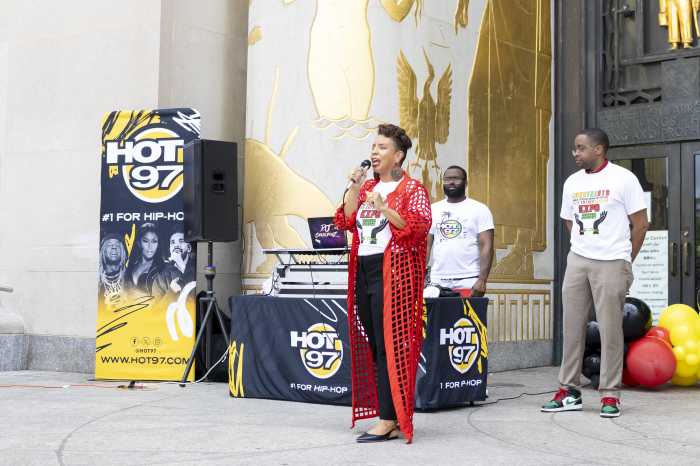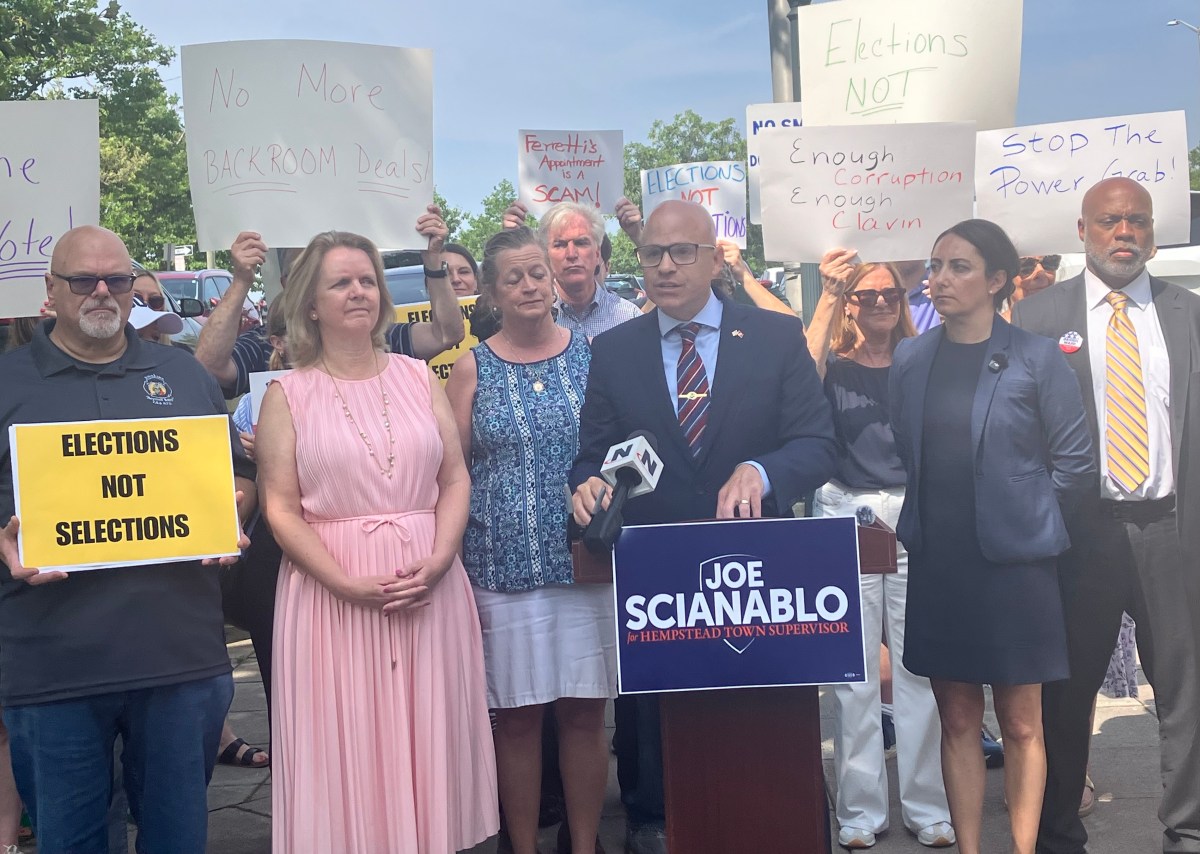During the first session of the annual Virtual Family Connect Summit hosted by ADAPT Community Network (ADAPT) on Oct. 5, healthcare professionals and advocates discussed the current status, and the future, of healthcare for the disability community.
This event is significant since October is National Disability Employment Awareness Month (NDEAM). According to the U.S. Department of Labor, the month “celebrates the contributions of America’s workers with disabilities past and present and showcases supportive, inclusive employment policies and practices that benefit employers and employees.”
Panelists in this session were Edward R. Matthews, Courtney E. Burke, Dr. Vincent Siasoco, and Shaniqua Freeman. Matthews has been the CEO of ADAPT for more than 30 years. Burke is the senior healthcare policy fellow at the Rockefeller Institute, and also a consultant at Sachs Policy Group.
Siasoco is the family medicine physician and medical director at ADAPT. Freeman is a black disabled woman who uses a wheelchair.
First, they discussed a few common issues for people with intellectual and developmental disabilities (IDD). One was the issue of having equal access to healthcare.
“Progress has been made, but more needs to be done,” said Matthews. “Another issue is that medical professionals are not being trained in dealing with IDD,” she added.
Another issue, according to Burke, is that the disability community needs to be understood better, due to having complex needs.
Freeman stated another issue, involving doctor’s offices not being wheelchair accessible, which is very common.
To help resolve these issues, Siasoco placed emphasis on the need for more education and training for medical professionals at all levels, wherever possible.
“I’d love to see our system be more person-centered,” Burke said. She believes that for the disabled, being happy and having support would make them more healthy.
Matthews agreed with Burke, saying, “Advocacy must be stronger among advocates and medical professionals.”
Next, they discussed successful models of healthcare systems and what our system could benefit from.
“A person’s needs may change over time,” Burke continued, emphasizing the need for a balanced partnership between companies and families in our system, so the care for the disabled is integrated well.
Siasoco sees this as the larger picture: “Getting students in the medical field to understand how to care for people with IDD, and complex needs, ensuring they are qualified to care for them.”
Matthews agreed, saying this applies to students in all medical professions, placing emphasis on “making the field look interesting, so that the community is served well.”
Burke added that this is also crucial because of “showing how fulfilling the field can be.”
Freeman stated it was important to “really get to know the person, get comfortable around us (the disabled community).”
For those caring or who want to care for the disabled as their profession, Burke reminds you: “It should be about the potential of them and helping them become independent.”
Those who wish to support the work of ADAPT can donate here. (https://support.adaptcommunitynetwork.org/site/Donation2?idb=345082482&DONATION_LEVEL_ID_SELECTED=1&df_id=1620&mfc_pref=T&1620.donation=form1&idb=0)
They can also follow the organization on social media, and sign up for their newsletter here: https://adaptcommunitynetwork.org/.


























